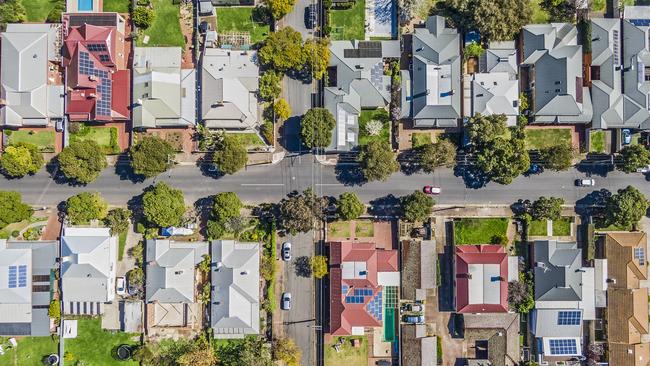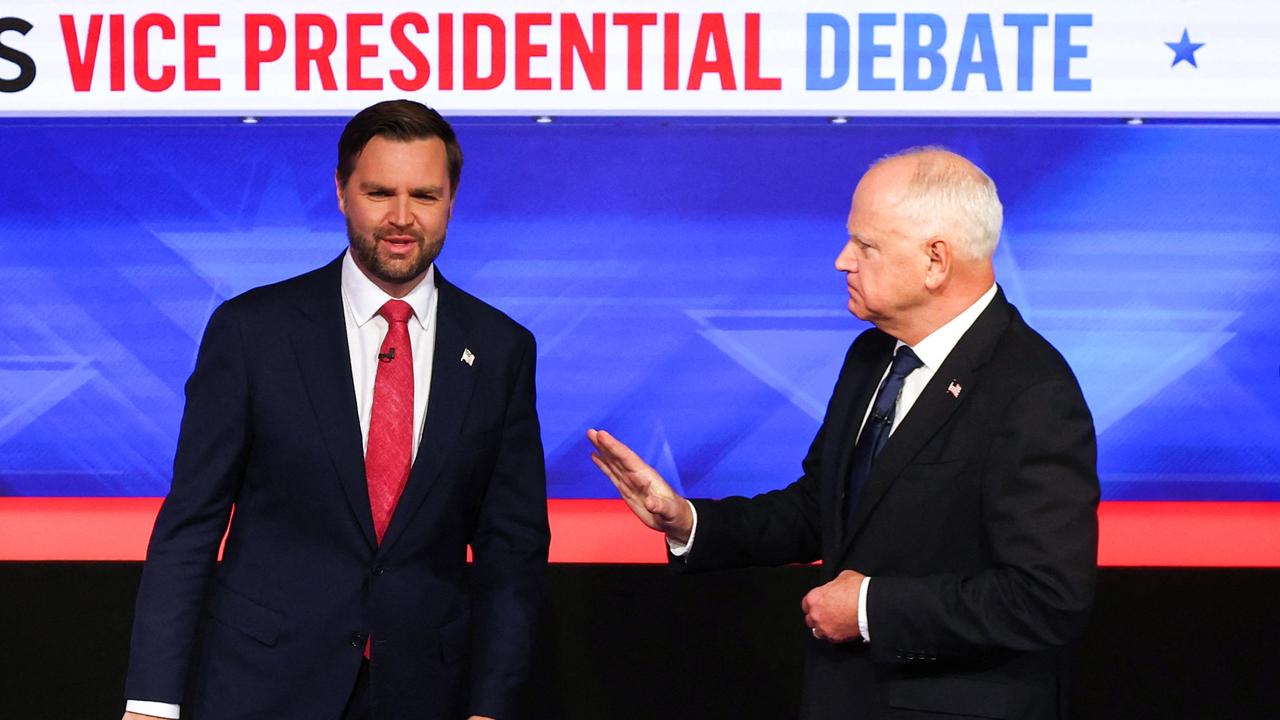Sure, rent the ‘granny flats’ – but it’s time for an Airbnb crackdown | Emily Olle
While families fear for the roof over their heads, hundreds of homes are sitting vacant. It’s time to change that, writes Emily Olle.

Opinion
Don't miss out on the headlines from Opinion. Followed categories will be added to My News.
Last week, the Malinauskas government announced it would explore changes to allow ‘granny flats’ to be rented to anyone as part of measures to tackle the state’s crippling housing crisis.
Despite planning rules having no leasing bans for non-family renters, “many councils” have routinely slapped on restrictions when approving development applications.
Planning Minister Nick Champion said reforms would “make it crystal clear” that granny flats were an “affordable rental option”.
As we sit in the middle of the worst housing crisis on record, the move is a step in the right direction – but fails to address the short-stay rental elephant in the room.
TELL US WHY IN THE COMMENTS
While it’s far from the only force behind the complex housing issue, there is a well-established link between the rise of short-stay accommodation providers such as Airbnb, and depleting housing stocks and rising rent prices.
An online search suggests there are currently more than 1700 homes listed for short-term rental on Airbnb in South Australia – a significant number of which are entire homes or apartments.
Many of these sit vacant for significant portions of the year, making their revenue during high-tourism periods.

Airbnb’s lucrative nature has drawn investors away from offering properties that could be providing a roof over desperate families’ heads.
According to analytics site Airbtics, a two-bedroom apartment in Adelaide can make up to $52,195 per year.
Without an incentive – or disincentive – to do so, no savvy investor would choose to move into the long-term rental market when that kind of money is on the table.
Major cities around the world – like London, New York, Berlin and Barcelona – have all introduced laws to protect housing supply and crack down on short-term rentals.
Some restrict holiday rentals to certain locations, impose rules requiring short-term rental operators to “compensate” for lost supply, or have imposed taxes on hosts or tourists.
But since Airbnb’s Australian launch in 2012, states and territories have taken a light touch, piecemeal approach to regulation.
In Sydney, hosts can only lease their premises for up to 180 days of the year if they are not present. In Perth, hosts are required to get planning approval from the city before renting their property short-term.

In SA, any short-term holiday rental must be registered by application – but no further restrictions apply to how much, or how often houses can be leased.
The Victorian government’s decision to impose a 7.5 per cent levy on short-stay accommodation – the toughest restrictions in the country – was met by backlash from hosts and investors.
We don’t want to affect SA’s growing tourism trade, but must find a happy medium when it comes to tackling the short-stay impact on the rental market.
On Monday, Greens MLC Rob Simms called on the government to consider some restrictions on Airbnb – but Planning Minister Nick Champion said that wasn’t on the table.
“We don’t want to go down the track of restricting Airbnb or taxing Airbnb because we think it’s a net asset to the state,” he said.
Official government figures estimate an extra 300,000 homes will be needed by 2050 to support population growth – but building homes takes time.
Right now, Adelaide has the lowest rental vacancy rates in the country. In 2021, it was ranked to be less affordable than New York. The 2022 Rental Affordability Snapshot found just eight rentals in Adelaide that were affordable for a person on Jobseeker.
Regulating short-term accommodation isn’t a panacea to solving the rental crisis – but these numbers don’t stack up.
If it means more homes for families being crippled by the cost of living crisis, then it has to be worth trying.
Read related topics:Rental Crisis





